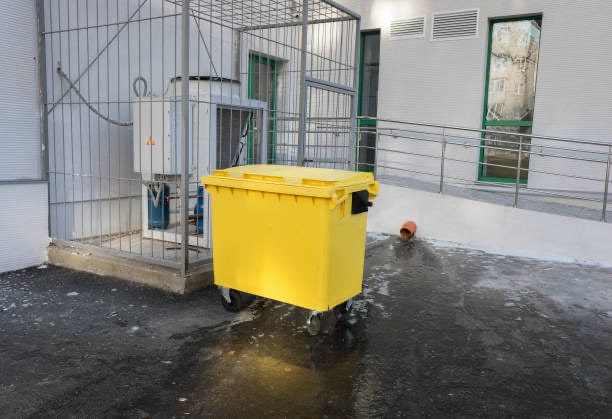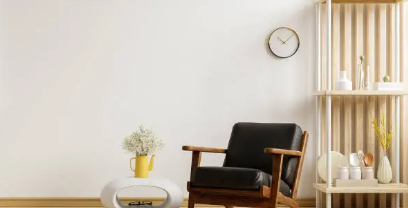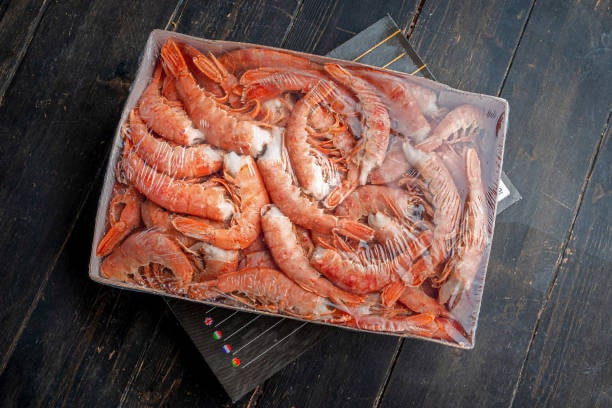
Compost is a valuable asset whether an urban gardener or a rural farmer. Not only does it improve the quality of your soil, but it also reduces the amount of waste that goes to landfills.
If you’re unsure how to get started, don’t worry – it’s easy to set up a compost system, and we’ll show you how. You can use mini skip bins Adelaide to place the compost in.
What is Compost?
First things first: what exactly is compost? Compost is organic matter broken down by bacteria and other organisms. This process is called decomposition, and it happens naturally over time.
As organic matter decomposes, it becomes a nutrient-rich soil amendment that can be used to improve the quality of your garden soil.
Composting is the process of speeding up decomposition so that you can create compost in a shorter amount of time. Following some simple steps, you can turn kitchen scraps and other organic waste into valuable compost that your plants will love.
Why Should I Compost?
There are many reasons to start composting, but here are a few of the most important ones:
Compost Improves Soil Quality. One of the main reasons to compost is that it improves the quality of your soil. When you add compost to your soil, it increases its ability to hold water and nutrients. This is especially beneficial in sandy or clay soils that drain quickly or compact easily.
Compost Reduces Waste. Another reason to compost is that it reduces the amount of waste that goes to landfills. For example, food waste in the United States makes up 40% of landfill waste. You can keep this valuable material out of landfills by composting your kitchen scraps and other organic waste.
Compost Saves Money. If you’re a gardener, compost can also save you money. Instead of buying expensive fertilisers and soil amendments, you can use compost to improve the quality of your soil for free.
Compost Helps Combat Climate Change. When organic matter decomposes in landfills, it creates methane, a greenhouse gas contributing to climate change. But when you compost, you’re helping to keep organic matter out of landfills. This reduces methane emissions and helps combat climate change.
Compost is good for the environment. In addition to reducing methane emissions, composting also has other environmental benefits. For example, it reduces the need for chemical fertilisers and pesticides, which can contaminate groundwater.
How to Start Composting
Now that you know why you should compost, you’re probably wondering how to start. Luckily, it’s easy to start composting, and you don’t need much space or equipment. Here’s what you need to know:
Choose a Location for Your Compost. The initial step is to choose a location for your compost. If you have a yard, the best place to put your compost is in a shady spot near a water source. If you don’t have a yard, you can also compost indoors.
Make a Compost Bin or Pile. Once you’ve chosen a location, it’s time to make a compost bin or pile. You can purchase a commercial compost bin or make your own out of recycled materials like pallets or chicken wire. If you’re short on space, you can also pile up organic matter in the corner of your yard.
Add Organic Matter to Your Bin or Pile. Once you have a bin or pile, it’s time to add organic matter. Consider adding almost any organic material to your compost, including kitchen scraps, yard waste, eggshells, and coffee grounds.
Turn Your Pile Regularly. To speed up the decomposition process, you’ll need to turn your compost regularly. This aerates the compost and helps bacteria and other organisms break down the organic matter.
Use Your Compost. After a few months, your compost will be ready to be utilised. You can use it as a mulch or fertiliser for your plants or add it to your garden soil to improve its quality.
Composting is a simple and effective way to reduce waste, improve soil quality, and help the environment. Use mini skip bins Adelaide as a compost container. By following these guidelines, you can start composting today.




